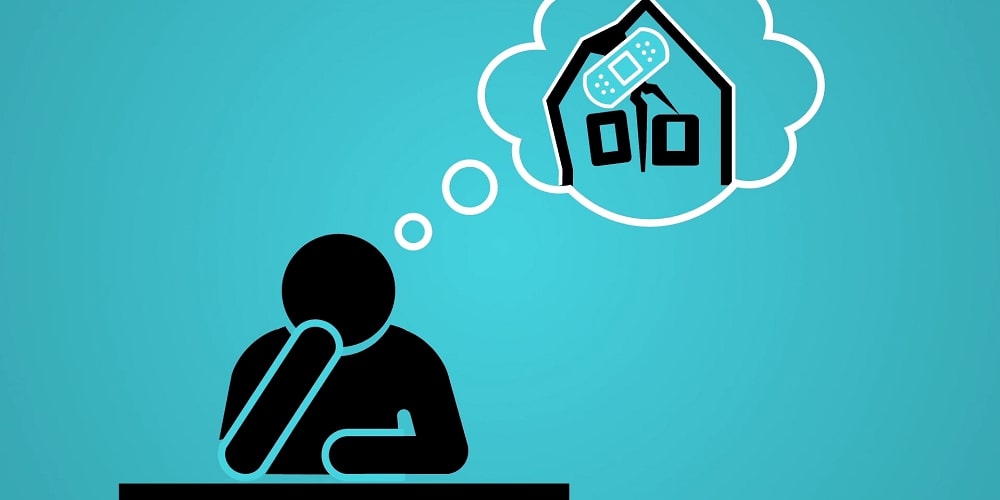Renewable energy has gotten a bad rap in Latvia. Since the construction of hydroelectric power stations during the Soviet era to the recent installment of the first wind parks and the country’s feed-in tarrif system, the ‘mandatory procurement scheme,’ renewables have been used for nefarious purposes like fuelling populism during election campaigns.
Maksis Apinis, National campaigner in Latvia | 12 December 2018

As a result of these experiences, negative perceptions about renewable energy, including the threats of climate change, are very much alive in Latvian society. The main challenge then to overcome is the lack of trust in policy makers to implement fair and transparent solutions for renewables that benefit the people.
Examples from countries like Germany have shown that in order to achieve a rapid increase and acceptance of renewable energy as a propotion of the energy mix, the support and understanding of society is crucial.
With the news cycle dominated by negative stories, successful examples of renewables projects and initiatives are hardly covered in media. The task then is to spread good case studies to gradually develop more a objective understanding of renewable energy and climate change and to shift public opinion.
One of the biggest problems in previous communications is that more often than not, energy sector experts do not explain how certain changes in sector would impact a person’s life on a daily basis, or explain well what abstract concepts really mean. In this way, understanding about the energy sector and needed reforms mostly stay in the circle of experts, with wider society influenced by emotional, simplified and short-term insights.
Communicating about the energy transformation and climate change is complex, since the public is not a unified mass: values and beliefs depend on generation, social status, material wealth and other factors. What is most important is to ensure the interaction and collaboration among NGOs, the media, scientists, universities, companies and ministries in the production and distribution of information explaining and promoting the sustainable energy transformation.
Here are two examples of how we’ve tried to do so in Latvia:
Never miss an update
We expose the risks of international public finance and bring critical updates from the ground – straight to your inbox.
